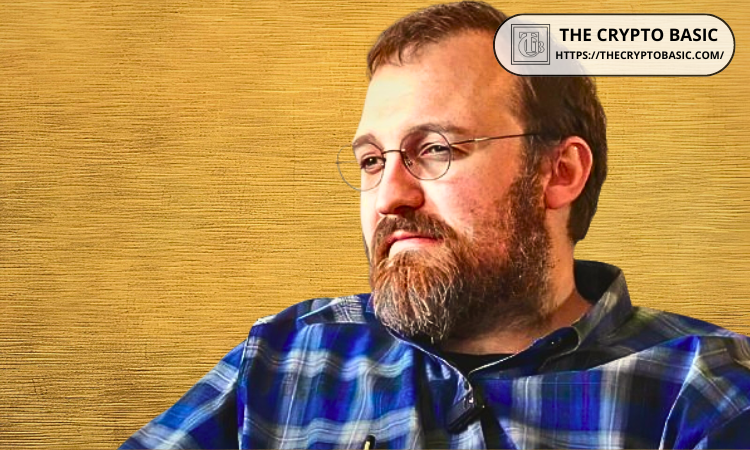Charles Hoskinson presents Cardano’s “Bill of Rights,” outlining 11 blockchain principles for governance, privacy, efficiency and user protection.
In a recent broadcast, Charles Hoskinson, founder of Cardano, presented a framework for blockchain governance that he described as a “Bill of Rights» for the Cardano ecosystem.
Its announcement marks an important step in the evolution of blockchain, aiming to establish a governance model ensuring that user rights and expectations are clearly defined. The move is part of an ongoing effort, with more than 50 workshops held and elected delegates helping to develop a comprehensive constitution for Cardano.
Principles of the Cardano blockchain
– Charles Hoskinson (@IOHK_Charles) October 13, 2024
The eleven principles of blockchain
Hoskinson introduced a set of 11 fundamental principles of blockchain, intended to guide the design and operation of decentralized systems. These principles aim to enforce the rights of users and contributors in blockchain environments.


The first principle focuses on freedom from censorship, emphasizing that blockchain transactions must not be censored and cannot be slowed down. This aligns with the right to freedom of expression, ensuring that transactions occur quickly and without interference.
Predictability of transaction costs is the second principle, essential for businesses that rely on blockchain technology. By emphasizing the need for stable and reasonable transaction fees, Cardano aims to provide long-term cost predictability, enabling better business planning. In line with these principles, the third principle supports censorship-free apps.
Fair contributions and efficient systems
Another area of Hoskinson’s proposal concerns the fair treatment of contributors. The fourth principle addresses the need to recognize and compensate all contributions within the system, whether in governance or in the processing of transactions.
By ensuring fair rewards, Cardano aims to maintain an engaged and motivated community. Hoskinson stressed that failure to do so could risk discouraging participation in the system.
The fifth principle focuses on preserving user value and data, ensuring that assets are protected from being locked or processed without consent. This is in contrast to traditional banking systems, where users may face such problems.
At the same time, the seventh principle emphasizes the importance of efficient use of resources, emphasizing that blockchain systems must continually optimize their processes. For example, the transition from Plutus V1 to V2 significantly reduced transaction sizes.
Governance, confidentiality and transparency
In his speech, Hoskinson also emphasized user privacy and compliance with local regulations, the ninth and tenth principles. These principles promote privacy while providing users with the tools they need to stay compliant with the laws, without allowing the government to excessively intervene in the system.
Decentralized governance is another essential aspect, with the eighth principle advocating a system in which the community, rather than a centralized entity, governs the ecosystem.
The final principle is the need for transparency and predictability within the system. Cardano will prevent the creation of unfair advantages for any group of users by ensuring that all processes are clear, verifiable and fair.
Together, these principles form the foundation of Hoskinson’s vision for a decentralized and equitable blockchain ecosystem, applicable beyond Cardano to the broader blockchain scene.
DisClamier: This content is informational and should not be considered financial advice. The opinions expressed in this article may include the personal opinions of the author and do not reflect the opinions of The Crypto Basic. Readers are encouraged to conduct thorough research before making any investment decisions. Crypto Basic is not responsible for any financial losses.

